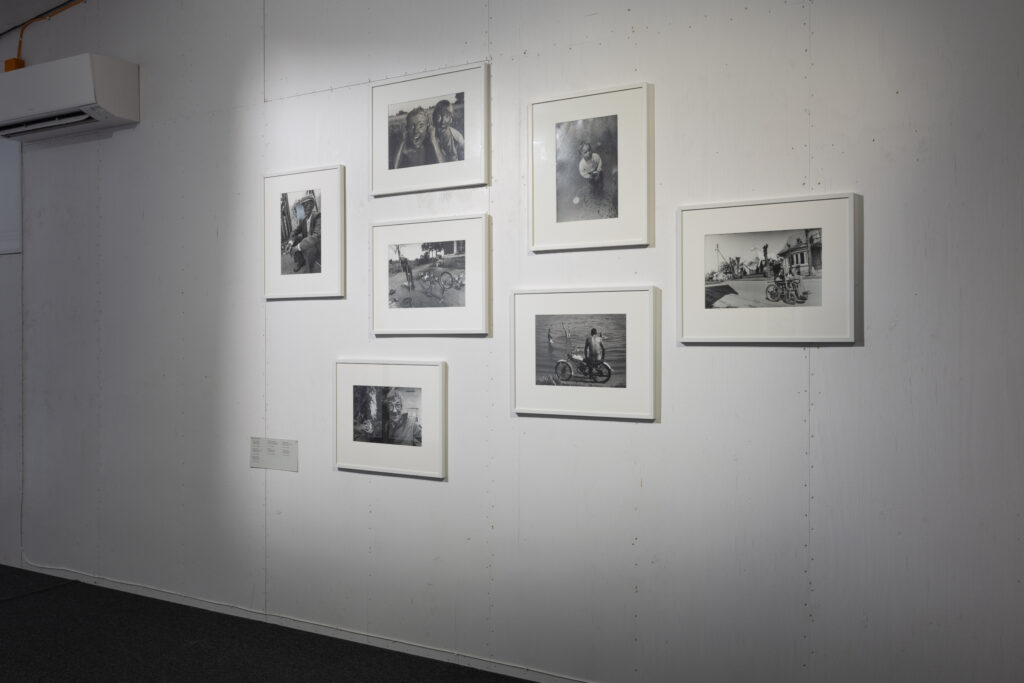Rimaldas Vikšraitis
Photos by Rimaldas Vikšraitis

Estonia’s re-independence is often described as a clear-cut turning point or an equal threshold of opportunity – a new beginning and a promise of success for anyone “with hands to work.” Such an outlook weighs heavily on those with limited access to a decent income. This pressure to perform – the privileging of ability – shows itself in assumptions, attitudes, customs, and physical barriers in the environment. People with disabilities experience this pressure most directly, but it also affects anyone who, for one reason or another, cannot meet the expectations placed upon them.
Social upheavals can be understood as collective trauma, whose causes and consequences linger for a long time. The collapse of the collective farm system and of trade relations led to the loss of countless jobs. In young, impoverished states there were few opportunities for retraining or for mental health counselling to cope with these changes. At the same time, the segregation of people with disabilities that had existed during the Soviet era persisted.
In the decades immediately before and after re-independence, Rimaldas Vikšraitis persistently photographed Lithuanian village life. On display here are primarily documentary photographs of people of different ages engaged in various activities. The emotions these images evoke depend largely on the viewer’s own experiences and attitudes toward, for example, family, survival, happiness, childhood and old age, urban and rural life, masculinity and femininity, or alcoholism. What should not be sought here is fetishisation or glorification. Vikšraitis, who himself has difficulties with speech and movement, has photographed the life around him. These are indeed images “from there,” from another place in time and space – yet it is a place not far from us at all.